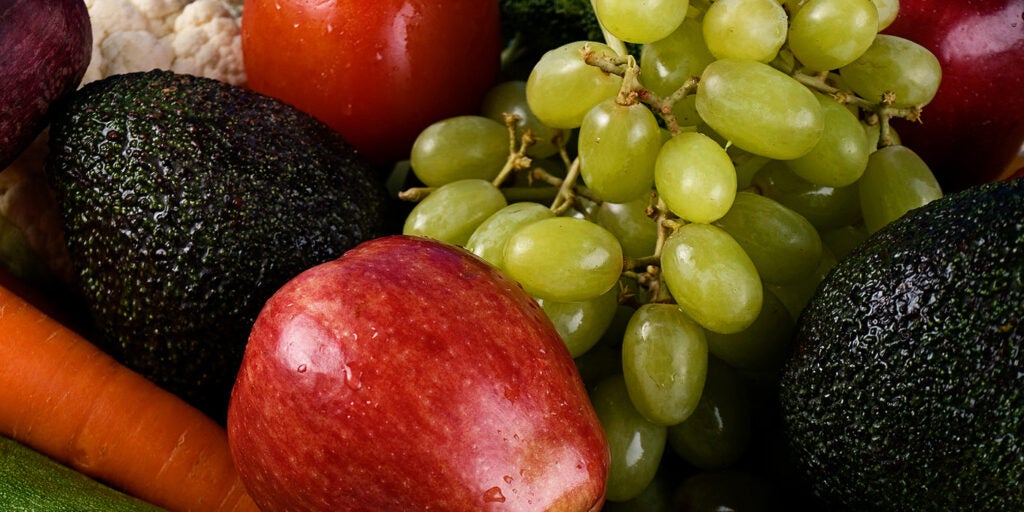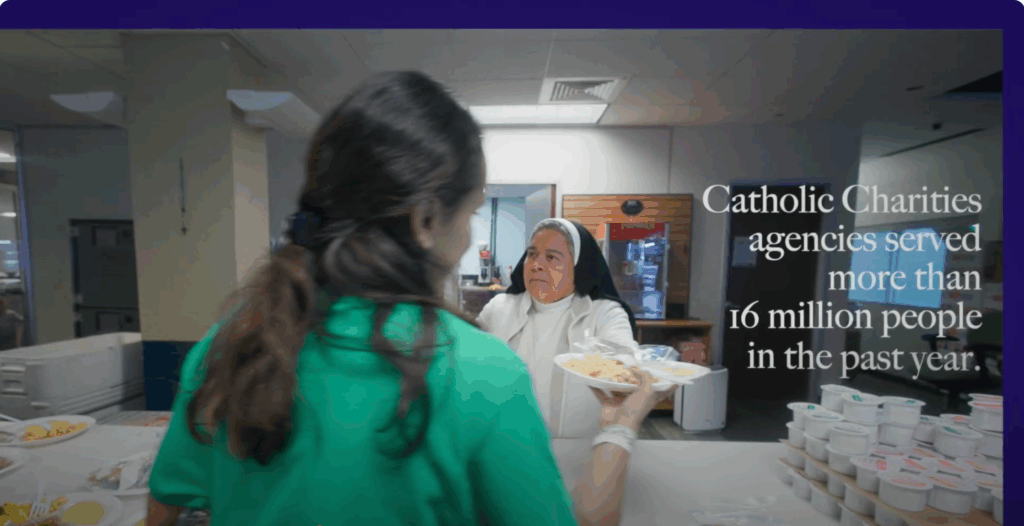

Catholic Charities of the Diocese of Santa Rosa (CCSR) uses the Two-Generation (2Gen) model of service to help impoverished families attain a healthy, self-sustaining lifestyle.
2Gen programs consider the holistic needs of families and the individual needs of family members, both children and adults. The 2Gen service model provides high quality and mutually reinforcing services for both adults and children in the areas of education, workforce and economic assets, social capital, and health and well-being grounded in cultural competency.
At CCSR, 2Gen is implemented through programs focused on economic assets and health and well-being. These two program areas are the foundation for the other components of the model. They also reinforce each other. Access to food and health care increase economic assets and improve health and well-being, producing a multiplier effect.[tweet_box design=”default” float=”right” width=”40%” excerpt=”Catholic Charities helps children and parents attain a healthy, self-sustaining lifestyle through family services, including food and nutrition programs. #NationalNutritionMonth”]…the first step in helping a family move from poverty to self-sufficiency begins with a healthy diet, meaning that all members have access to nutritious food.
CCSR has found that the first step in helping a family move from poverty to self-sufficiency begins with a healthy diet, meaning that all members have access to nutritious food. CCSR’s food access program, in fact, is the “front door” to many services, providing food and SNAP (Supplemental Nutrition Assistance Program) assistance to nearly 10,000 people a year.
Staff and volunteers who distribute food at agency sites and stock family emergency shelter kitchens are trained in CCSR’s Health Food Standards, which provides guidance on the level of food quality that can be accepted and disbursed. In order to respect the dignity of clients, a variety of foods are stocked to allow for more choices. Nutrition workshops that include recipes featuring items from the weekly food distributions are also provided.
For clients who are enrolled or eligible for SNAP, CCSR offers the SNAP Education (SNAP-Ed) program as well. Families that struggle with limited resources tend to buy more affordable, but less nutritious food, which increases the risk of mental and physical health problems for children and adults. SNAP-Ed helps children and adults in families increase their skills and knowledge about obtaining and preparing healthier and affordable foods.
CCSR has other education programs that support the knowledge gained through SNAP-Ed. One myth debunked is the notion that healthy food has to be expensive. For instance, cooking a family’s meals at home and using fresh produce not only saves money but also improves eating habits. When parents involve the children in the preparation of a meal, it supports multiple 2Gen outcomes, such as socio-emotional and language development.
A family referred to CCSR by Sonoma County in the summer of 2016 – Maria and her son and daughter – had lost their rental apartment through no fault of their own. They went to CCSR for help. In addition to housing aid, the family was given a bag of emergency food and provided assistance in applying for SNAP benefits.
When the SNAP benefits were approved, Maria used them to purchase a box of fresh fruits and vegetables from a local farm that CCSR partnered with. She told staff it was wonderful to have such nutritional food for her children, and her son chimed in: “I love strawberries!”
Maria talked about how much the food and cooking class helped to stretch their meals until the end of the month. The family was able to make their own meals with food they enjoyed and that supported their health and increased their food security.
Food is a central part of every culture and life itself. The quality, abundance, and rituals surrounding food reflect the quality, abundance, and rituals of people’s lives. For CCSR, food is a point of engagement, a balm in a moment of crisis, and a connector to those in need.
What it comes down to is that when families can get food, whether through food pantries or SNAP benefits or some other source, they have additional resources to pay for other necessities such as utilities and rent. Having enough nutritious food is the crucial ingredient and a stepping stone that allows a family to move out of poverty.








